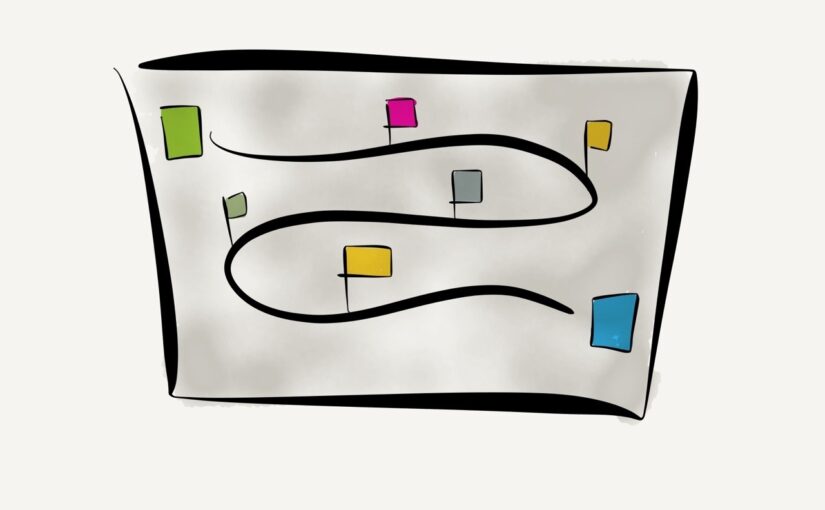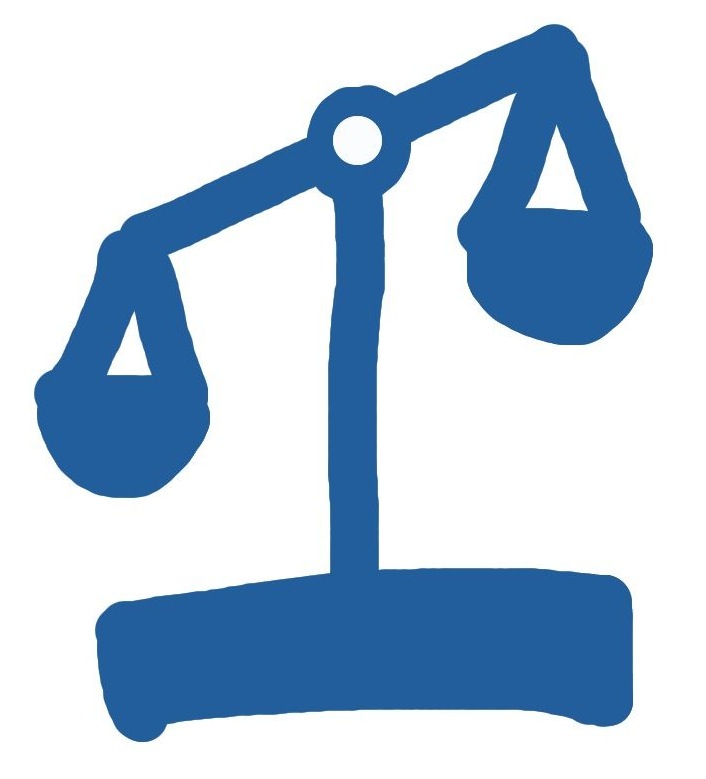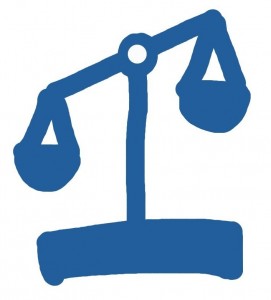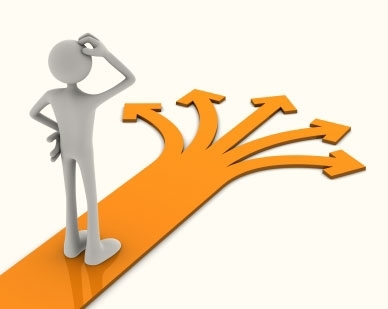Earlier this week I was reminded of my decision to leave the seeming safety of permanent employment. Over supper in Buenos Aires a friend was describing her decision to go freelance and it made me reflect on my own decision.
My moment came six years ago. I remember vividly the surprising feeling of immediate comfort with the decision. There were no nagging doubts or caveats. It just felt right.
So why are some important decisions so easy and uncomplicated while others result in analysis paralysis?
I´m reading Malcolm Gladwell´s “Blink” at the moment. He talks about “thin-slicing” whereby expert decision-makers reduce the number of inputs into a decision to just one or two critical variables. The thrust of the book is that spontaneous decisions, based on limited information can be better than carefully considered ones, which may include numerous unconscious biases.
For example, Gladwell cites one study that shows that the respect (in the form of tone of voice) that a doctor uses when talking with patients is a better predictor of medical malpractise incidence than the doctor´s training, credentials or actual skill.
A rational, structured analysis of the decision to go freelance would likely consider job security, career progression, day rates, expenses, personal situation, current and future demand for skill sets, mobility, etc, etc…
But my thin slice at the time was simple: would I experience, learn and grow more where I was or as a freelancer? Decision made.
Of course we need to balance intuition and analysis in decision-making but perhaps we should all take a bit more notice of our unconscious thinking at times?







